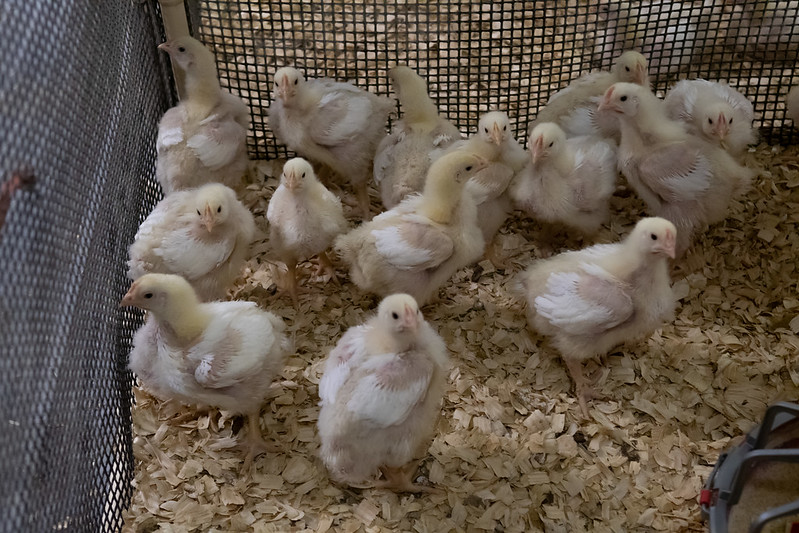South Dakota senators press federal officials to address poultry trade, use of avian flu vaccines

South Dakota senators press federal officials to address poultry trade, use of avian flu vaccines
By Lisa Schnirring
South Dakota's two US senators sent a letter to US Department of Agriculture (USDA) secretary Tom Vilsack and US trade representative Katherine Tai last week asking them to launch discussions on updating trade agreements to allow potential future use of avian influenza vaccines in poultry.

Currently, US trade policies, and that of many other nations, bar the import of poultry where vaccines are used in commercial settings. For example, in late September, the USDA announced restrictions on the import of poultry from France and its trading partners due to its decision to vaccinate meat ducks against highly pathogenic avian influenza (HPAI).
Some countries, including China, routinely vaccinate poultry against HPAI. But others have held back over concerns that the vaccine could mask ongoing circulation. As the current H5N1 clade continues to rack up devastating poultry losses on multiple continents, poultry producers are weighing all control options.
In late December, the World Organization for Animal Health (WOAH) posted a policy brief on poultry vaccination, which said the rapid spread of the virus requires a review of existing control strategies, given that current tools might not be enough. The group had previously endorsed the use of vaccines based on international standards and in its brief said countries can maintain trade while ensuring science-based certification measures.
Republican lawmakers Mike Rounds and John Thune said the outbreaks have impacted 5.3 million birds in South Dakota and have cost the federal government nearly $1 billion. They wrote that they're aware that the USDA's Agricultural Research Service is testing new vaccines to address the latest threat.
"We are hopeful about the benefits of the vaccines being developed, but we remain concerned that the important work of updating the trade agreements will not keep up with the scientific advancements," Rounds and Thune wrote. "As HPAI vaccine research continues, we respectfully request animal health and trade leaders give special consideration to impacted producers."
